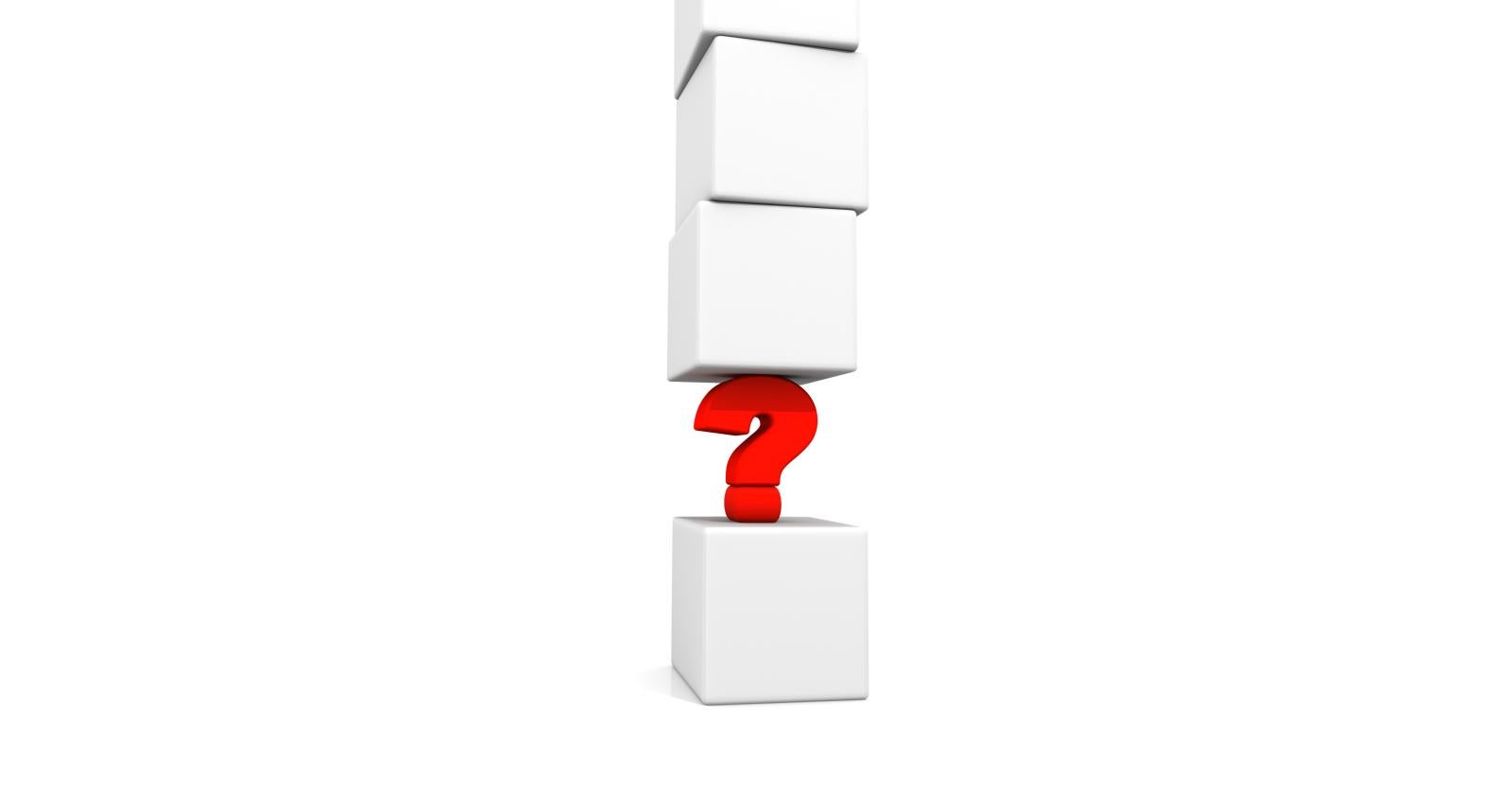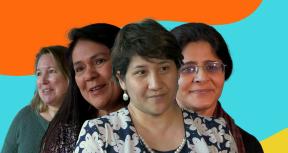The stronger democracies grow, the greater demand is for accountability and transparent information. In countries that are clients of the World Bank Group, there has been a move towards setting up evaluation functions, at times at the highest levels. These offices, when staffed with well trained professionals and equipped, can provide a great service to governments and people alike for both accountability and learning.
TWEET THIS
As discussed in previous blogs, the landscape of actors in the international development arena has been expanding over the past decade. Between 2006 and 2016, the level of government aid to developing countries or official development assistance (ODA) remained relatively flat. Over the same period, foreign direct investment flows to developing countries increased 2 percent, according to the most recent figures provided by UNCTAD. Across the developing world, we are seeing a gradual shift, with ODA declining in proportion to domestic public resources and international private flows.
With this shift, comes the need for developing countries to take a hard look at how they manage their resources. If invested wisely, these resources can have the transformational effect required to address challenges from climate change and environmental disasters to pandemics and financial or economic crises, and to reach our 2030 goals.
But, how will we know resources are spent as foreseen? And, equally importantly, will we understand whether resources, programs, and policies were effective in leading towards the 2030 goals and achieving promised results?
This is where evaluation can make an important contribution. At IEG, for example, evaluation serves to promote accountability and learning. Over the past years, learning from evaluation has moved into center stage, largely over concerns that the World Bank Group institutions were not learning and changing sufficiently based on evaluation results. This challenge led to many new approaches that hopefully will bear fruit in due course. At the same time, accountability has always been part of IEG’s agenda and not been neglected even as we expanded into a greater learning agenda.
On a broader scale, I have been troubled about the architecture for accountability in global development for a number of reasons.
In democratic countries, governments are accountable to their citizens for public policy, programs, and resources. Supreme Audit Institutions serve accountability for resource use, including the detection of corruption. Citizens hold governments accountable with their voice in elections and, in some countries, through other means such as open government and forums that ensure citizen engagement. The stronger democracies grow, the greater demand is for accountability and transparent information. In countries that are clients of the World Bank Group, there has been a move towards setting up evaluation functions, at times at highest levels. These offices, when staffed with well trained professionals and equipped, can provide a great service to governments and people alike for both accountability and learning. It is a trend that started 10-15 years ago and will, I hope, continue to grow.
Interestingly, in industrialized countries, evaluation mostly applies to official development assistance provided to other countries, and is less common as a function that covers other departments or the coherence among their policies. There are exceptions, for example in the UK, where the National Audit Office (NAO) plays an important and visible role in keeping government departments accountable for their policies and investments through evaluation exercises. In the US, the Government Accountability Office (GAO) plays a similar role. With the universal applicability of the SDGs to all countries, I wonder whether other countries, including in the OECD, will start expanding their evaluation capacities.
In multilateral organizations like the World Bank Group or the United Nations, accountability is complicated. At the first level, it is from the institutions to the shareholders or member countries. But, representatives of these countries often need to justify contributions to these institutions to their citizens through parliaments. At the same time, as borrowing countries become increasingly democratic, there are increasing calls for accountability towards them. For institutions like IEG, it is easier to fulfill accountability demands towards shareholders, who are represented in the Board. They use evaluations to hold the World Bank Group accountable on behalf of their constituency, while IEG’s outreach in partner countries often focuses on sharing lessons.
How about the relatively new actors in the international development arena?
A number of large philanthropic foundations have provided considerable finance for a number of important causes. As these foundations are privately funded, they are accountable to the trustees, who determine how success is defined and measured. Their desire to “do good” and “give back” motivates their commitment, and brand/name recognition serves, in their view, as a good reason to keep doing well and avoid reputational risks. A couple of years ago, a consultant working for a number of foundations contacted me, as she was working on an evaluation framework at least some of the foundations wanted to adopt. A good step in the right direction that will need to be accompanied with transparency in publishing methods, results, and follow-up actions.
“The” private sector (something we refer to as if it were a monolith) has made enormous commitments, in particular as part of the COP21 Paris Accord. I remember browsing through websites organized by industries, showing the commitments they were making to help slow-down global warming and ensure our planet remains inhabitable by humanity. Unfortunately, it was at this very same time that a German car manufacturer was found to have manipulated emission tests- a painful scandal that should have rung alarm bells and raises the question: who will monitor compliance with these commitments, who will evaluate whether the implementation of these commitments is helping us get to our climate targets? This is an area where strong internal and industry corporate governance systems can make a strong contribution, to complement market and regulatory mechanisms.
The World Business Council for Sustainable Development aspires to fill some of this gap, but includes 200 companies, far fewer than have made commitments. Corporate Social Responsibility and Impact Investing are other avenues through with the private sector aims to play a greater positive role in development.
However, overall there is no institutional architecture that could hold these players accountable, or information systems that empower citizens to take action through, for instance, their purchase power.








Comments
I found this article very…
I found this article very informative and thought provoking.
When it comes to development, I am a firm believer in the power of innovation and the role entrepreneur’s play. With particular reference to the issue of Multinationals and their role in achieving the Sustainable Development Goals, as a citizen of a predominantly mining country, I understand how every country that invests or receives FDI, should pay attention to the points you raise here. As a resource rich continent, the African Union, various regional groupings and national governments are at pains on how to make investment work for the citizens. Knowing the impact of current investment is vital. Maybe harmonizing the investment pledges with an SDG tracking mechanism (emphatically linked to the national development plans) can help.
Add new comment